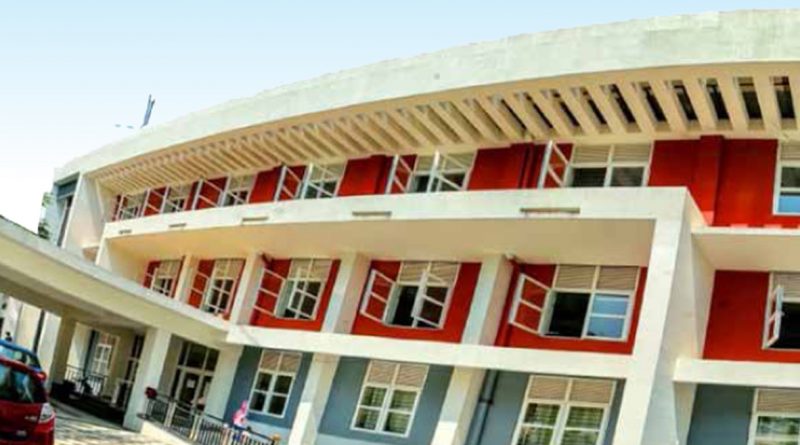Towards Equitable Quality Education

The National Policy on Education 2020 reviled that about 3.22 crores of school-age group children are still out of school in the country. The statistics projected that in Kerala almost all children in the school-age group are enrolling in schools and almost all are continuing their study up to 12th standard. The issue of access to an educational institution and retaining the child throughout the school education stage is settled as far as Kerala but this issue remains in the national context. It is high time to concentrate on secondgeneration issues while the nation as a whole is still addressing first-generation issues. Hence Kerala’s major concern is addressing quality issues and the issues of equity and equality. To address these concerns Government of Kerala launched a comprehensive education campaign known as Pothuvidyabhyasa Samrakshana Yajnam now known as Vidyakiranam Mission with the active and meaningful support of the community under a broader banner Nava Kerala Karma Paripadi. Kerala has already started addressing this issue by addressing the need for quality infrastructure. As a part of that the state has already invested more than 3800 crores of rupees in developing high-class physical infrastructure that anyone can feel even in rural schools.
If we analyze the data regarding modernization and the availability of modern technology facilities Kerala is far ahead .In our state, 93.3% of Government schools are having functional laptops whereas the all-India average is 5.5% only. If we consider both Govt. and aided schools the corresponding status is 97% in the state and 23% at the national level. 94.6% of the Govt. schools are having internet facilities in our state whereas, at the National level, the corresponding figure is 24.2%. The UDISE data revealed that 96.1% of the govt. schools having functional computer facilities if considering both govt and aided the figure is 99.9 whereas at national level the corresponding figures are 35.8 and 67.5 only.
These are all clear indications that Kerala is far ahead in introducing modern technological facilities without having any kind of digital gap. We have provided modern equipment to all the classrooms from 8th to 12th in all the schools and computer labs in all primary schools. All academic studies pertaining to the quality of education reveal that there are issues in the quality aspects even though we are ahead in various aspects even after having the availability of trained teachers in all classes, the educational background of parents, awareness of parents regarding the need of education, access to schools and the societal support, facilities and so on. The state is trying to address the quality issues but we have to move forward or excel on the academic front to the extent possible by utilizing all favorable factors. We have to evolve a methodology in utilizing modern technology possibilities in the classroom learning process and developing digital content. To address the academic challenges of this modern era, the transformation of teachers, to cope with the emerging phenomena due to the social and economic and technological factors is inevitable. It is high time to fix achievable targets and evolve programmes to ensure Justice and Equity in classrooms where all children engage in the process of learning.
It implies that in such classrooms every child: gains confidence in facing problematic situations, constructs knowledge to address problem situations or any physical or mental or emotional challenge, negotiates with objective realities which always need not be promotive or favourable, interacts freely, meaningfully and joyfully with her classmates, teachers and the teaching-learning materials, make use of modern technological devices in the knowledge construction process, compares events, things, facts and findings, and arrives at logical conclusions, undertakes tasks on oneself without any hesitation. As Kerala has impressive achievements in a number of indicators, the State’s key challenges are in terms of attaining the second level of reforms in school education. It is essential that the state prepares a road map to impart the quality of education so that the students at the elementary level can perform at the grade-appropriate level. Addressing the concerns of society for quality education with proper understanding regarding quality and reconstruction of the education system anchored on scientific, secular and democratic pillars assumes priority. Hence we have to continue our persistent exploration towards equitable quality education for all children by making schools centres of excellence and by upholding the concept of “quality education pupils’ right.”


